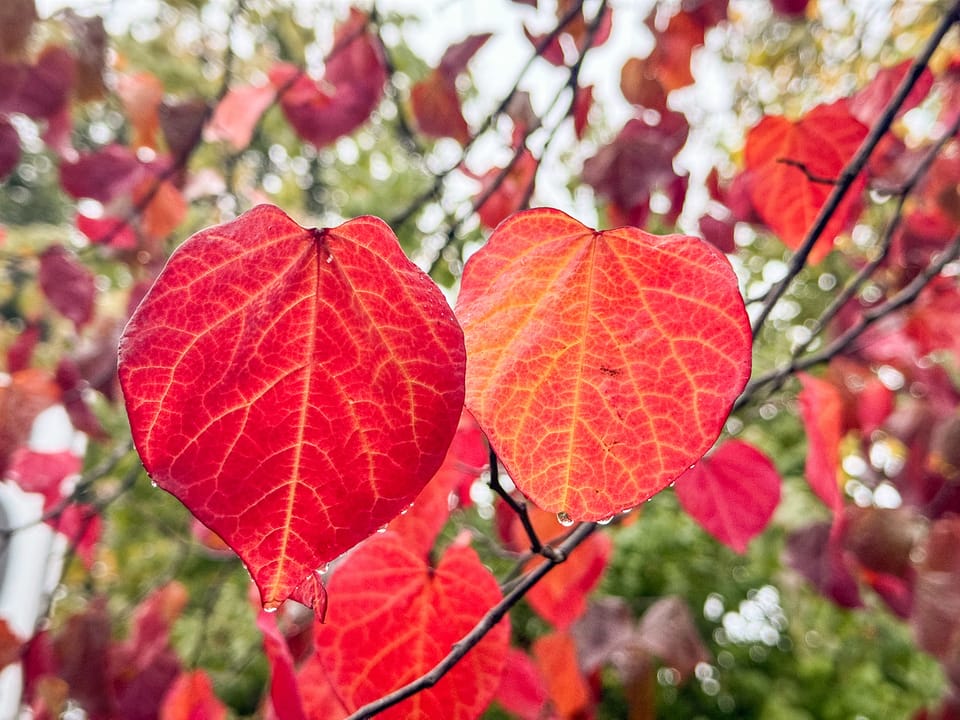EcoWest News, November 12, 2024

Welcome to EcoWest News, a weekly round-up of news and resources that you can put to use in addressing environmental issues and protecting the wild in your community.
Across the West
The Manitoba Master Gardeners Association is hosting a talk on Winnipeg’s strategy for a healthy urban forest and what the public can do to help on November 20. [Master Gardeners Manitoba]
Manitoba’s new critical mineral strategy includes plans to streamline projects while focusing on Indigenous partnerships and economic reconciliation. [CBC]
Provide feedback by December 10 on the proposed Denison-Wheeler River uranium mine in Saskatchewan’s eastern Athabasca Basin. [Saskatchewan]
Alberta needs “a comprehensive grasslands policy to address the continuing loss of grasslands and to maintain the biodiversity of these important landscapes and carbon sinks”. [Environmental Law Centre]
The Blackfoot Confederacy Tribal Council is partnering with Parks Canada on a new Indigenous Guardians program designed to monitor and protect sacred lands along the eastern slopes of the Rocky Mountains in southwest Alberta. [My Lethbridge Now]
Across Canada
In an age of worldwide water shortages, the pressure on Canada to export its water will be immense. [The Tyee]
The federal government is restricting the number of species that are assessed for risk of extinction, a serious concern for the volunteer scientist assessors: “The fewer things that get assessed, the fewer things get protected”. [Vancouver Is Awesome]
The Climate Toolkit for Housing and Infrastructure is a suite of tools, resources, and support services that will be available, free of cost, to communities to help them adapt their infrastructure to changing climate conditions and reduce greenhouse gas emissions during new home and infrastructure constructions. [Canada]
Around the World
Wim Carton, co-author of Overshoot: How the World Surrendered to Climate Breakdown, says that local resistance is the most productive way to reduce oil dependency: “I think you need that kind of … ground-anchored movement to be able to push back. We think that ultimately any change will have to happen through the state, but the only way we can capture the state or that you can change the direction of the state is through these mass movements of resistance, so yeah, that's the only pathway that I think seems feasible.” [CBC]
Making a Difference
If you dislike the noise and pollution created by gas-powered leaf blowers and lawn mowers, you’ll be pleased to learn that yard care companies are beginning to use 100% electric-powered equipment. [Clean Air Yard Care, Victoria; The Silent Gardener, Vancouver]
Bin Genius, developed by 2 Vancouver high school students, “pairs sensors, cameras and a related app with waste bins to alert users through light and sound, or via an alert on their phones, if, for example, an orange peel isn't placed in the compost, or a drink container is thrown into the garbage rather than the recycling bin.” [CBC]
Photo credit: https://www.flickr.com/photos/apmckinlay/54115004209/
EcoFriendly West informs and encourages initiatives that support Western Canada’s natural environment through its online publication and the Nature Companion website/app. Like us on Facebook, follow us on Blue Sky, X, and Mastodon, or subscribe by email.

Member discussion